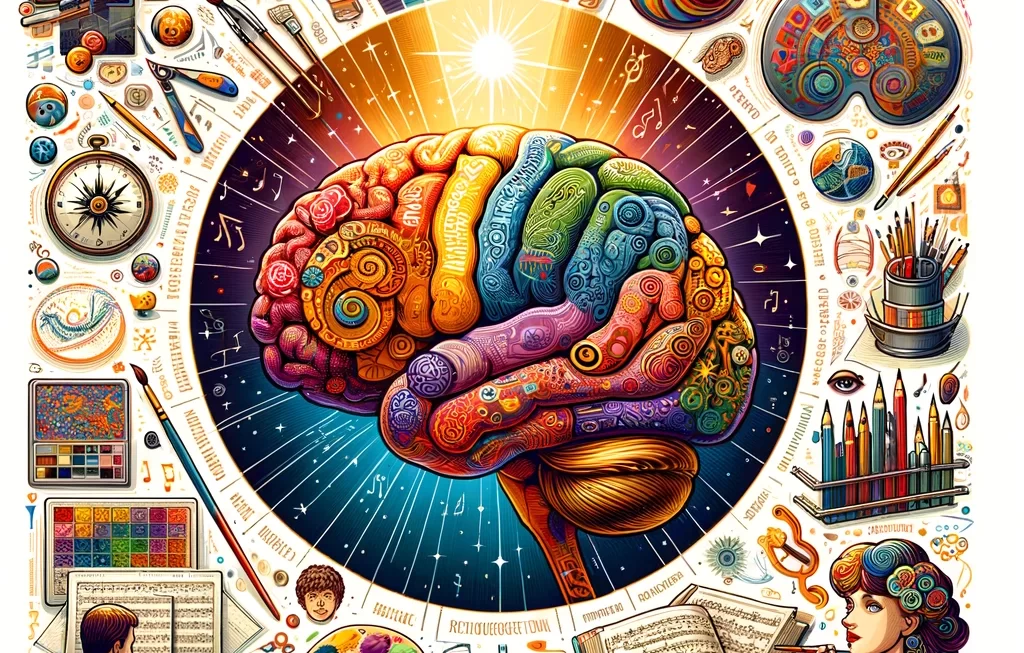In the quest to understand the essence of human existence, the mind-body relationship stands as a cornerstone, challenging scientists, philosophers, and thinkers for centuries. This intricate dialogue between our mental states and physical health is not just fascinating but crucial for fostering well-being. Today, we embark on an enlightening journey to demystify this connection, offering insights into how our thoughts, emotions, and biological processes are inextricably linked.
The Essence of the Mind-Body Connection
What is the Mind-Body Relationship? The mind-body relationship refers to the dynamic interaction between our mental health and physical body. This concept suggests that our thoughts, feelings, beliefs, and attitudes can positively or negatively affect our biological functioning. Conversely, what happens in our physical body can impact our mental state, creating a continuous feedback loop between mind and body.
Why Is It Important? Understanding this connection is vital for several reasons. It underscores the importance of holistic approaches to health, recognizing that psychological well-being and physical health are not separate entities but interconnected components of overall health. This insight is crucial for developing treatments that address both mental and physical aspects of health conditions.
Exploring the Connection
How Does the Mind Influence the Body? The mind influences the body through various mechanisms, including stress responses, the placebo effect, and lifestyle choices influenced by psychological factors. For instance, chronic stress can lead to physical health problems like heart disease and diabetes, illustrating how mental states can manifest physically.
How Does the Body Affect the Mind? Conversely, the body affects the mind through neurochemical and physiological processes. Physical exercise, for example, releases endorphins and serotonin, which can improve mood and reduce symptoms of depression and anxiety.
Real-World Implications
Where Can We See the Mind-Body Connection at Work? The mind-body connection is evident in practices like yoga and meditation, which have been shown to reduce stress, lower blood pressure, and improve mental clarity. Additionally, the field of psychoneuroimmunology explores how the mind influences the immune system, further highlighting the connection.
Toward a Holistic Understanding
To truly grasp the mind-body relationship, it is essential to adopt a holistic view of health that incorporates mental, emotional, and physical well-being. This perspective not only enhances our understanding of human health but also promotes practices that can improve quality of life.
The mind-body relationship is a testament to the complex and dynamic nature of human health. By embracing the interconnectedness of our mental and physical selves, we can unlock new pathways to healing and well-being. As we continue to explore this fascinating connection, let us remember the power of our thoughts and emotions in shaping our physical health and embrace practices that nurture our entire being.
FAQ
- Q: Can improving my mental health affect my physical health? A: Yes, improving mental health can lead to better physical health outcomes by reducing stress, improving sleep, and promoting healthier lifestyle choices.
- Q: What are some practices to enhance the mind-body connection? A: Practices such as meditation, mindfulness, regular physical exercise, and maintaining a balanced diet can strengthen the mind-body connection.
Further Reading
- “The Body Keeps the Score” by Bessel van der Kolk
- “Mind Over Medicine” by Lissa Rankin
- National Institutes of Health (NIH) on Mind-Body Wellness




